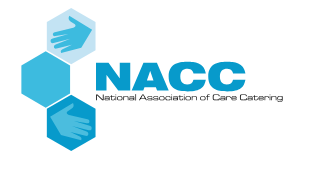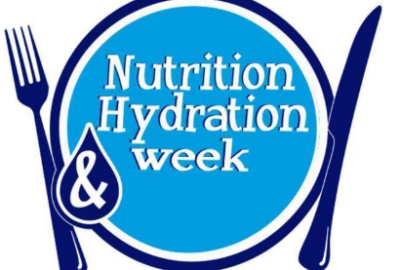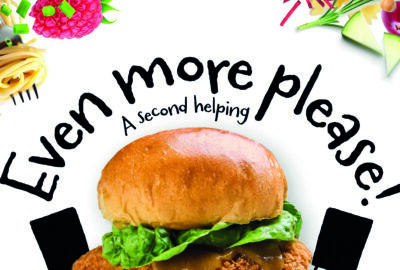Buffalo worm and cricket falafel feature on the menu at the first University of Cambridge insect-based Formal Hall
As part of their commitment to sustainability, the University of Cambridge Catering Manager’s Committee (CMC) has hosted a unique event to embrace entomophagy – the practice of eating insects.
The ‘Formal Hall’, as the name suggests, was a formal dining affair steeped in ancient history and tradition. However this latest event was a complete departure from the usual classic menus. The three-course tasting menu included cricket falafel, roasted crickets, grasshoppers and mealworms. Buffalo worm was also featured, which is the larvae of Alphitobius Diaperinus (a species of beetle), known to be extremely nutritious due to their high protein and low-fat percentage. All insects were pre-cooked and a powder form of the insects was also added to dishes.
Ivan Higney, catering manager at Darwin College and chairman of the University of Cambridge Catering Manager’s Committee said:
“After the adoption of our progressive sustainability platform, we have been consistently looking for ways to increase our plant-based food offer, whilst also reducing our use of ruminant animal products such as beef and lamb cattle. We’ve delivered many new initiatives in line with our sustainability aims, and when insects were suggested as an alternative source of protein, we decided to create the first ever insect menu for a University of Cambridge Formal Hall which took place on 12th June.
On the menu, the starter included ‘beans on toast’ which comprised of white beans in spiced tomato, paprika and herbs. The majority of the diners liked the crunch the mealworms added to the texture. The toasted crickets in the main course risotto brought different responses. It was a ‘Marmite moment’. Some diners loved the slightly bitter Umami taste of the insects with the deep mushroom flavours and truffle oil. And to end the meal, we were pleased to see the dessert of fresh honeycomb and bee pollen was a hit, especially to those with a sweet tooth.
The feedback following the Formal Hall was very positive. All students loved the night and enjoyed the opportunity to taste alternative foods. The use of insects as an alternative protein source was very well received. The idea of eating ‘bugs’ in every meal is by no means for everyone, but the idea of snacks and a protein supplement were well discussed. In response, the popularity of the Eat Grub cricket bars and flavoured toasted crickets increased the following week.
On reflection, we will continue our sales of insects as snacks and use some insects on our menus but only as an ingredient to enhance a dish. For example, to add texture. We are excited to host another insect tasting Formal Hall next year to maintain the interest and awareness for alternative sustainable protein sources.”
The University of Cambridge isn’t the first to recognise the nutritional appeal of insects. According to the United Nations Food and Agricultural Organisation, an estimated two billion people eat insects as part of their normal diet. Roughly 2000 species have been identified as edible. Here in the UK many establishments already offer insects on their menus. London’s first insect bar opened in October 2016 at Carousel in Marylebone. Most edible insects are from Holland, however some are produced in Devon and the Lake District and then distributed throughout the UK. 38 UK firms have asked for approval to raise insects as food for human consumption. And it doesn’t stop at food – Ant Gin is also produced in Cambridge.
It seems there’s a swarm of interest in the possibility that insects could become a more established part of our diet in the future. Bill Brogan, chairman of the Food Service Managers Group at the University of Cambridge, commented: “The main aim of the tasting session was to start a discussion about the role that insects might come to play in our diets over time. While many people still feel queasy at the thought of eating a plate of beetles or a deep-fried grasshopper, in many other cultures, the practice of eating insects is completely normal.
“We’re not going to start serving insects to students at dinner full-time, but we do want to want to encourage new thinking about the challenges that we face when it comes to how we get our food.”



